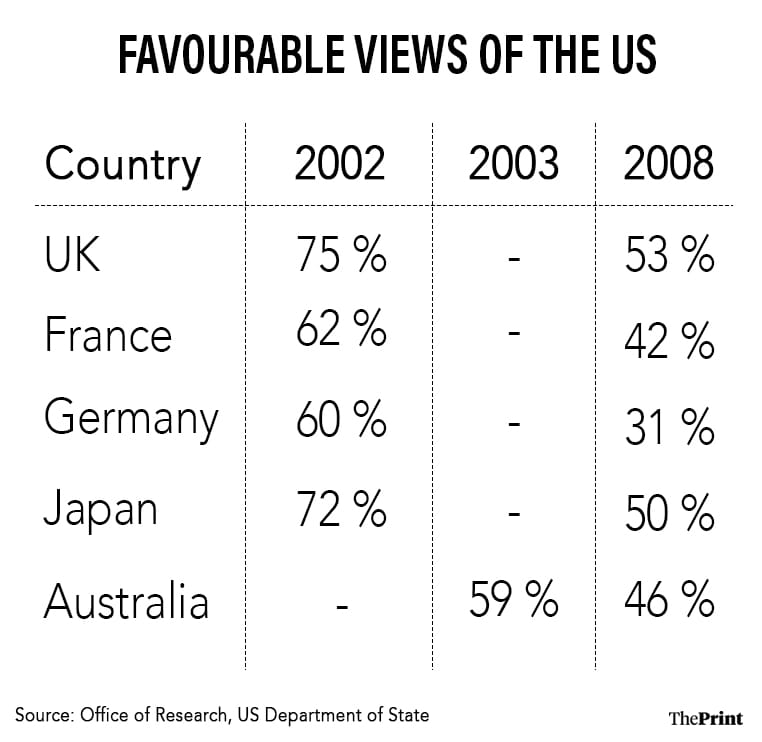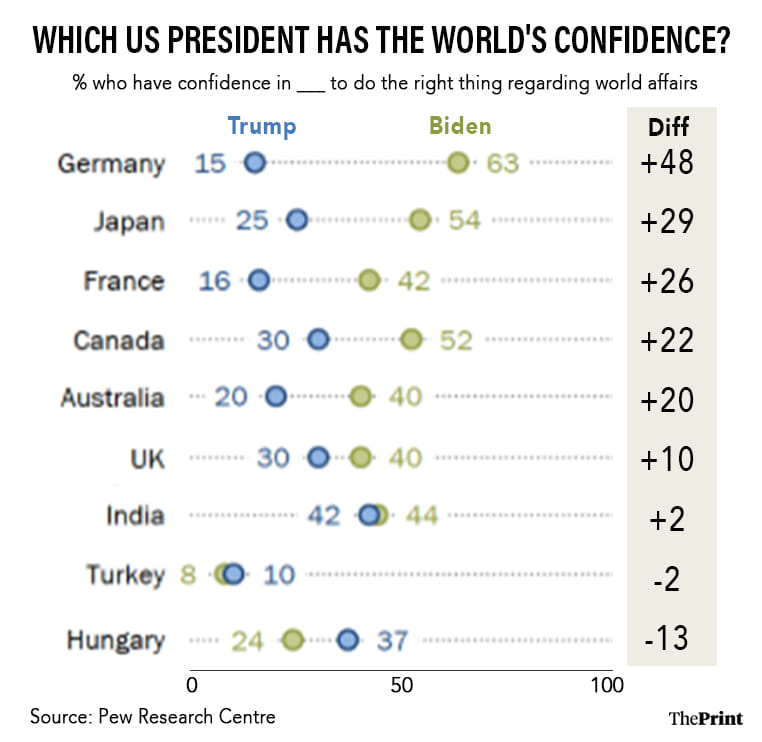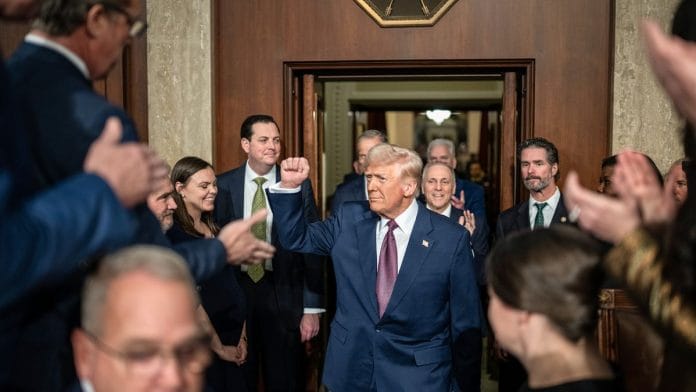Donald Trump’s reelection was supposed to be the big triumph of the global Right, heralding a wave of authoritarian populists across continents. Instead, Trump’s aggressive unilateralism has handed a decisive victory to Canada’s once-comatose Liberal Party on 28 April and brought a trailing Australian Labor Party unexpectedly back to power with an increased majority a few days later on 3 May.
Canadians were enraged by Trump’s perceived disrespect of Canada, be it via punitive tariffs (later suspended), his claim that Canada was to blame for fentanyl addiction in the US and repeated assertions that it should become the 51st state of the US. Trump didn’t loom quite so large in the more distant Australian election, but his tariffs sharply increased support for Labor as Australians worried about their cost of living. In effect, Trump’s Liberation Day seems to have freed centre-Left parties around the world from the weight of anti-incumbency.
It’s surprising how aversion to Trumpism has become so politically salient in these two countries. Australia and Canada have been among the most loyal US allies for decades. They sent troops to fight alongside the US in Korea, Iraq, Afghanistan and against the Islamic State. Both are part of the “Five Eyes” intelligence-sharing alliance that pools sensitive signals intelligence and coordinates cyber operations.
It’s possible to argue that we are reading too much into this. This isn’t the first time that anti-US sentiment has risen among close US allies. The first big break in the 21st century occurred after George W Bush’s 2003 Iraq invasion. The western world had rallied around the US after the 9/11 attacks, but the resultant quagmires in Afghanistan and Iraq – and the US’ Iraq intelligence debacle – seriously damaged the image of the US.

But it’s also true that the US regained considerable lost ground among its allies after multilateralist Democratic presidents replaced their unilateralist Republican counterparts. This is partly because political values and policy preferences in most US allies are aligned more closely with Democrats than with Republicans, even as the populist Right rises in many countries. Just compare Trump’s ratings with Joe Biden in many countries (in chart below).

Also read: Trump is playing the ‘commitment game’. India must be smart, not surrender
US soft power
Something has changed with Trump 2.0. Trump’s institutional shock therapy in the US (USAID, Voice of America, attack on higher education) and abroad (blatant territorial claims, undermining of international institutions like the World Trade Organisation and World Health Organization), are weakening American soft power—“the ability to obtain preferred outcomes by attraction rather than coercion or payment”.
This soft power is what the US spent enormous money and effort to cultivate through the Cold War. It propped up its hegemony over the decades. You can shape others’ behaviour either by changing costs and benefits, or by shaping what others want or believe they need (what economists call “preferences”).
Whether it is by touting its political freedoms and free markets and openness toward immigration, its popular culture and its products, the US has successfully projected itself as a “shining city on a hill” for many around the world.
This idea is certainly an American vanity, but it is this persuasive power that exerted a hold on the imaginations, cloaking the actual exercise of power and coercion. The mostly bloodless revolutions in central and eastern Europe, after the collapse of the Soviet Union, produced pro-US governments, moved by the promise of democracy and freedom.
Those whose countries had been bombed by B-52s or had family members “disappeared” by a US-backed junta or seen its economic extraction at closer hand, of course, have different views.
But the soft power of the US is undeniable, from the Marshall Plan to blue jeans and rock music. Many Indians, who have grown up with Hollywood, tuned in to CNN, studied in US universities, or indeed, merely used the internet and social media, have been reprogrammed, to whatever extent, in a direction favourable to the US.
As former US Secretary of Defence James Mattis put it somewhat bluntly: “If you cut back on soft power, you’re going to have to buy me more bullets.”
Many countries have their own soft power, but the US is unique in its hard command over the institutions that shape the narrative, be they free market ideas in the International Monetary Fund and the World Bank, the infrastructure of the internet and global telecommunications, and so on. This helps ensure that US ideas and values surround us, and remain far more effective than competing ideas.
Also read: Canada and Australia have decided to become citadels of wokeism
Right-wing global public
This power has to be wielded carefully and strategically to stay effective, as political scientists Henry Farrell and Abraham Newman have argued in their 2024 book Underground Empire. When the US used its control over the Swift code to shut out Iran and Russia, other countries looked warily at this ‘network imperialism’, and tried to find alternative financial channels. Hegemony works when it is tacit and behind the scenes, not when it is bluntly weaponised.
With Donald Trump, the facade has cracked like never before. He is attacking the roots of US global reach as part of his Project 2025 shock therapy.
Trump advocates would argue that unhappy global publics are collateral damage in the radical reshaping of the US along conservative lines. And that the Trump administration’s open support for far-Right parties like the Alternative for Germany (AfD) is aimed at creating a Right-wing global public that will coalesce around anti-globalism, opposition to immigration, and the rejection of diversity, equity and inclusion. It’s no coincidence that in Chart 2 above, public opinion in Hungary and Turkey preferred Trump to Biden, something that the Right would expect to build on.
But Trump has only to see the examples of Tory PMs David Cameron, Boris Johnson and Liz Truss, who destroyed the UK’s global standing in a way that even China and Russia could not have imagined. It doesn’t seem like Ukraine loves America quite as much as it did before November 2024, does it?
Amitabh Dubey is a Congress member. He tweets @dubeyamitabh. Views are personal.
(Edited by Theres Sudeep)






